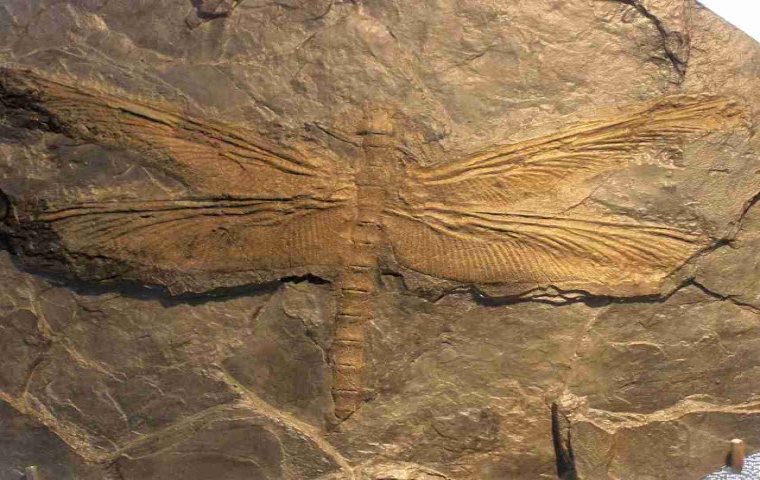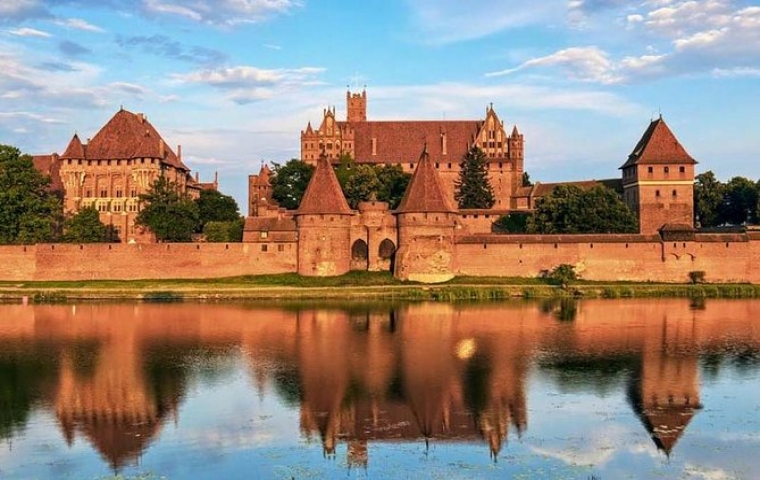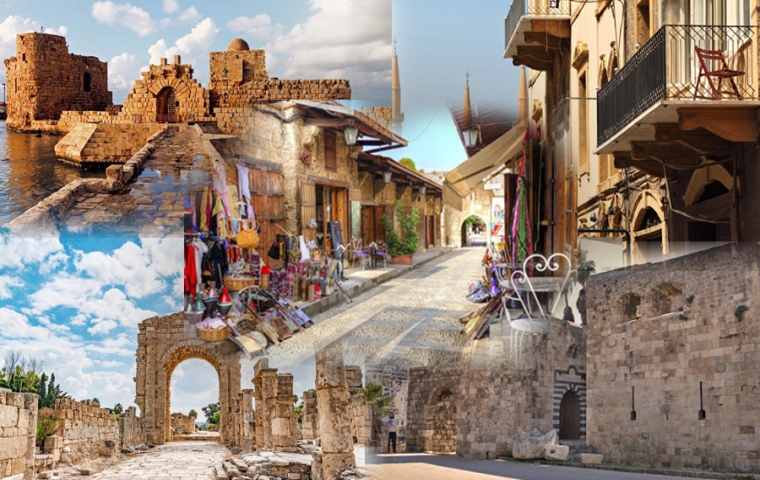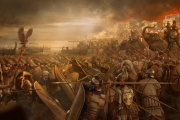What if Attila Survived his Wedding Night?
What if Attila hadn't died in 453 AD? How his survival would have transformed the fate of the Roman Empire and all of Europe?
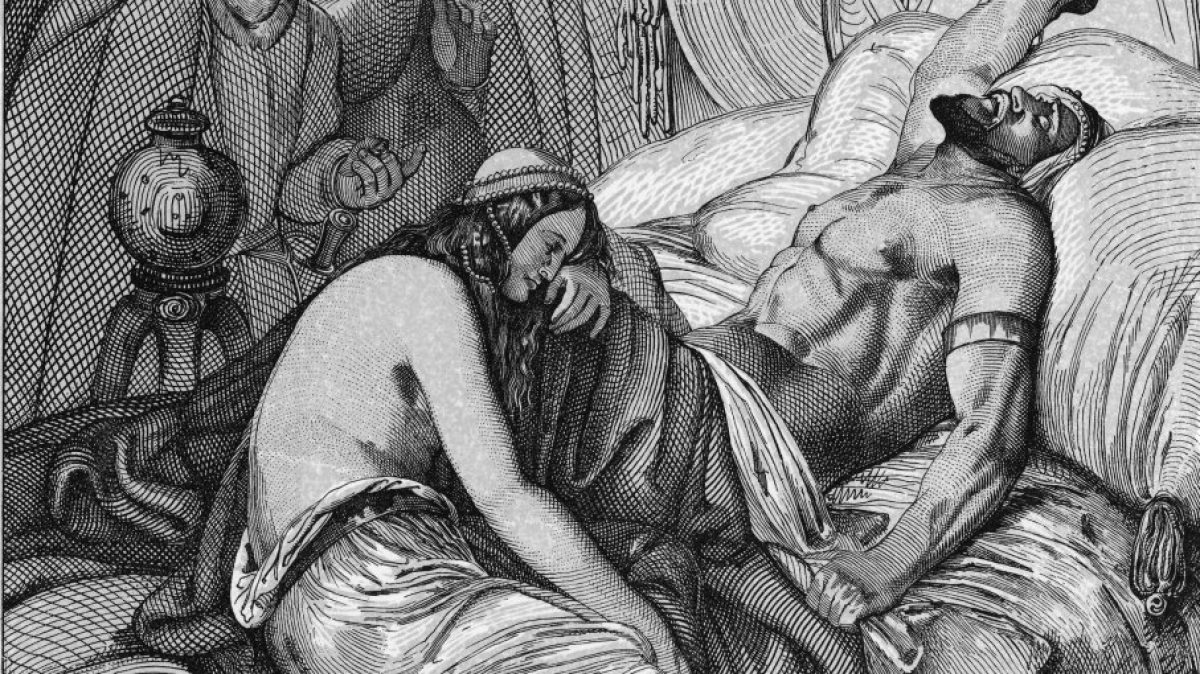
Attila the Hun...one of the most successful conquerors in all of history. At the peak of his power he held nearly all the barbarian tribes of Europe in one fist, and threatened to crush the entire Roman Empire with the other... A single word from him could make kingdoms crumble and empires shake to their very foundations.
For the Roman empire and its western legacy, he was a symbol of terror and wickedness... the evil on horseback.. the "scourge of God"...
Though it is more than probable that Attila deserves his barbaric reputation, for the most part the historians who perpetuated the demonic image of Attila were equally motivated by deep religious and cultural bias. They established powerful and enduring myths that differ greatly from the historical facts.
Nevertheless, this is only one side of the coin, as Attila the Hun also possessed some positive values (though often forgotten or not highlighted) that would be normally applied to the heroes of Western history. For instance, the historian Jordanes wrote that:
“He (Attila) was indeed a lover of war, yet restrained in action, mighty in counsel, gracious to suppliants and lenient to those who were once received into his protection.”
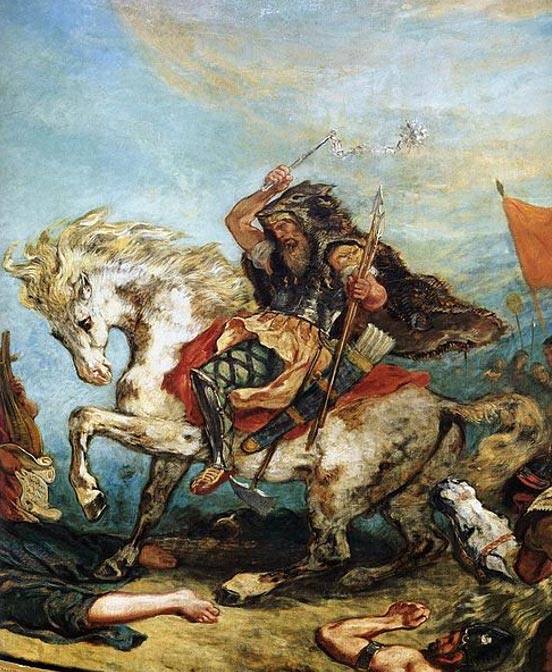
In 453 AD, Attila died on his wedding night without naming his successor. After his death, there was a huge civil war because his sons couldn't agree what go to whom, and the state imploded as a consequence. The eastern half of the Hunnic empire survived, but the eastern completely fragmented.
But what if Attila hadn't died in 453 AD? What if he had been able to name his successor? How his survival would have transformed the fate of the Roman empire and all of Europe?
This analysis is strongly based on an interview with Dr. Hyun Jin Kim, a senior lecturer in Classics at the University of Melbourne. Kim is an expert in all things related to Attila and the Huns.
Attila Survives 453 CE and Rides on
Attila marries Ildico but their wedding night passes without incident. The next day, he rides for Eastern Rome...
His plan leading up to his death was to force the Romans, Eastern and western half, to pay tribute to him. The objective wasn't to bleed the Roman dry - it was to gain prestige. At the time of his death, he was planning another invasion of the Eastern Roman Empire because the incumbent Roman emperor of the East, Marcian, had refused to pay the tribute that his predecessor has promised.
Eastern Roman Empire Defeated
454 CE, Attila Easily defeats the Eastern Roman Empire, sacking the balkans. But he leaves immediately after receiving tributes.
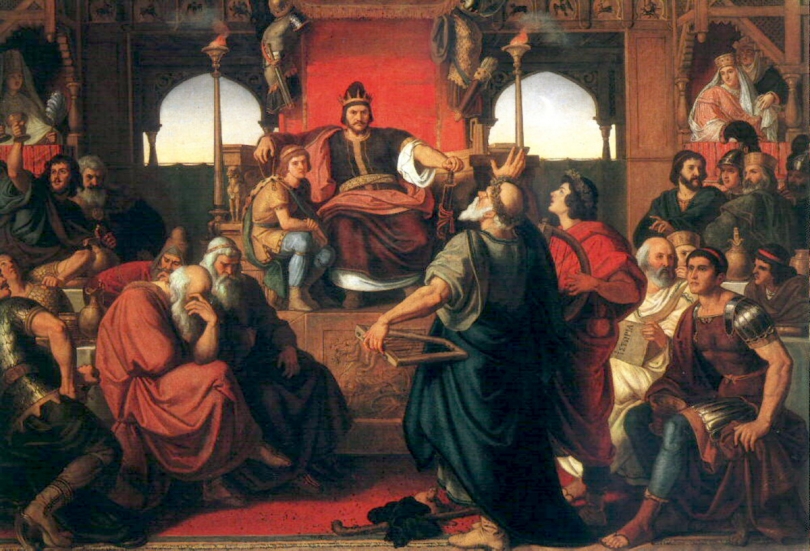
Huns United and Barbarians Tamed
With Attila still alive, the Hunnic empire would still be united and wouldn't split between his tree sons. Therefore, civil war wouldn't break out in 454 CE.
Germanic tribes and Hunnic troops remain under rule of the Huns rather than marching into Italy.
The Roman Empire Continues
It is knows Attila's death was the reason for the Hunnic Empire collapse. Yet The effect of his death on the Roman Empire was also as disastrous because his presence guaranteed a certain degree of order on the boundaries of the empire. The Romans obviously in paying tribute to Atilla was worthwhile. Whatever Attila did was worth the price.
In 455 CE, Rome was sacked by Vandals, signalling the beginning of the end for the Roman Empire. 21 years later, in 476, the Roman emperor Romulus is overthrown by the Germanic leader Odoacer. The Roman Empire is finished by then.
With the Attila still alive, the Roman Empire lives on as he would not conquer Europe, but ensures a regular supply of tribute flows after his death.
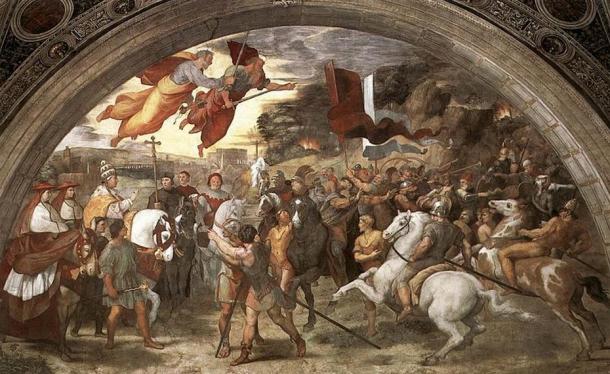
Attila Names a Successor and the Hunnic Empire Continues
The key turning point of the alternative scenario would be Attila naming his successor. With a nominated successor there wouldn't be a civil war.
With a clear line of succession laid out, Attila's sons continue his reign and keep the Huns united. The Hunnic Empire would carry on beyond 469 CE, without the barbaric and Germanic tribes taking its place as the rulers of Europe.
Franks Weakened and Never Rise to Power
We would never have a Frankish Europe. When the Hunnic Empire imploded and the Western Roman Empire followed suit, there was an incredible power vacuum in Western Europe. This allowed the Franks to unify what is essentially Western Europe and that evolved into the Holy Roman Empire.
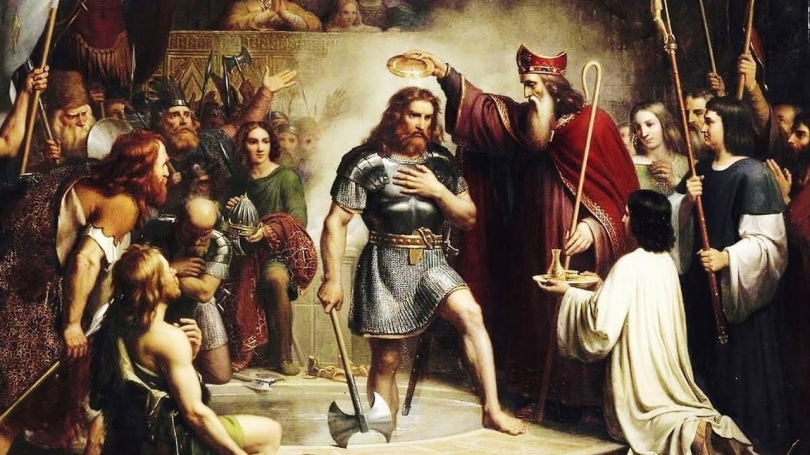
If neither the Western Roman or Hunnic Empires dissolved, then we would have had a state called Hunnia somewhere in Europe and the Franks would have been confined to Belgium and the Netherlands. France would be in Belgium rather than what is now France.
Greater Germany
Attila leaves behind a Germany that includes modern-day Austria, the Czech Republic, Hungary and parts of Poland.
Attila's legacy would have been different, and he would be remembered as another Germanic king...
The Largest Insect Ever Existed Was a Giant 'Dragonfly'
Weird History 'Meganeura' Was A Prehistoric Dragonfly With A Two-Foot Wingspan.
10 Largest Castles in the World
The largest castles in the world in terms of area.
What is the greatest Lebanese city throughout history?
Among Lebanon's historic cities, which city has the greatest status in history?




